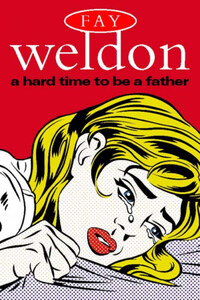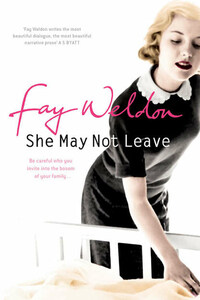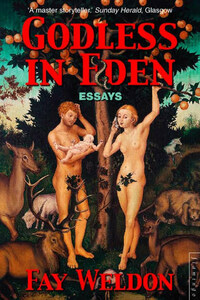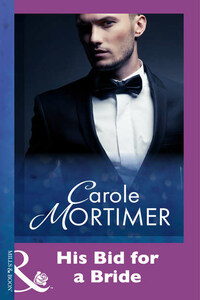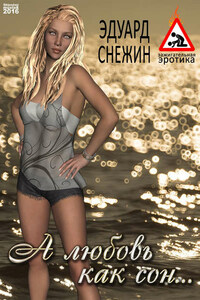Miss Jacobs, retired psychoanalyst, heard a scrabbling at her door at five o’clock one Christmas Eve and found a young woman folded on her doorstep, weeping. All around, fallen from her hands, were carrier bags from department stores, out of which tumbled glittery gift-wrapped packages of all shapes and sizes, many of them awkward. Miss Jacobs, although she had never seen the girl before, asked her in, and moved her many possessions inside the door, out of the rain. The girl was in her early twenties, clean, well-dressed in the contemporary fashion, and pretty enough. She had a ring through each nostril and twelve in one ear. Miss Jacobs, fascinated, counted them while the girl, who said her name was Clarissa, drank the tea Miss Jacobs offered. She drank it black, without sugar. Milk, Clarissa said, was known to contain organophosphates and possibly wrongly-folded prions, the source of BSE, and sugar was empty calories. Clarissa stretched her white damp disfigured fingers – string from the heavy carrier bags had bitten into them – and advised Miss Jacobs never to eat dairy products if she valued her health and sanity. She sat across the table from Miss Jacobs and sipped the unkind liquid and spoke.
‘I was going to knock on your door like a proper person,’ said Clarissa, ‘but when I came to it I couldn’t. I didn’t have the strength to knock and didn’t have the strength to leave, so I stayed where I was and cried, and rescue came. I was surprised. Rescue so seldom comes.’
‘But why my doorstep?’ asked Miss Jacobs.
‘My mother was once a patient of yours,’ replied Clarissa.
‘She would point out your door while we passed, usually by taxi, and would tell me how much you had helped her.’
‘I am happy to hear that,’ said Miss Jacobs. ‘What is your mother’s name?’
‘Juliet Penrose,’ said Clarissa.
‘I have seen many patients in the course of my working life,’ said Miss Jacobs. ‘I’m sorry. I don’t instantly recall the name.’
‘I expect it happens much as it does in a family,’ said Clarissa. ‘A child has only one mother, and is conscious of her all the time, but a mother can have many children, and is conscious of each only a little of the time.’
‘Quite so,’ said Miss Jacobs, relieved. ‘But tell me, why are you quite so exhausted? Is it the season or is the problem more than this?’ Though indeed Miss Jacobs was fairly tired herself. Not even being Jewish can save you from Christmas and there was Hanukkah just dealt with.
‘So long as you don’t charge me for my telling you,’ said Clarissa, fine eyes flashing.
‘Of course I won’t,’ said Miss Jacobs. ‘I am retired now and my pension is quite adequate.’
‘Potlatch,’ said Clarissa, ‘Potlatch has exhausted me. Four o’clock on Christmas Eve and the shops slam shut their doors, and turn off their lights, and the frenzy of shopping must stop, like the frenzy of killing when the blue UN helmets appear –’
‘If only it were so,’ murmured Miss Jacobs, but Clarissa did not hear, so bent upon her theme was she.
‘– and a forlorn peace descends upon the land, and the streets empty, and the taxis vanish. I walked all the way here.’
‘Poor you,’ said Miss Jacobs.
‘But if you watch the darkened shop windows you can see dim figures the other side of the glass, bending, stretching, reaching, putting up the New Year sale notices, bargain screamers, prices slashed. The battle is over but the dogs of war sleep for only minutes, already they are stirring, whimpering for a fresh attack. Warfare by way of gifts. Slaughter by generosity. Potlatch.’
‘I don’t quite understand what you mean by potlatch,’ said Miss Jacobs.
‘Perhaps just half a teaspoonful of sugar in my tea after all,’ said Clarissa, ‘and just a drop of milk. I do feel a little faint. With any luck there won’t be a faulty prion in the particular drop you give me. Do you understand about prions? Minute particles of protein; they normally fold in a rather pretty, attractive corkscrew whirl, but this way of folding leaves them vulnerable: heat can destroy them, or radiation or mould, or the simple entropy which affects us all. But now another prion has arisen, a rogue prion, which cares nothing for charm, but puts self-interest and survival first: it has flattened out its whirls to present a straight, sharp, flat, almost fascist surface to the world, which nothing so far known can destroy. And every gentle, old-fashioned prion this immortal, indestructible being encounters, gets the message at once, and flattens its own shape. It is not infected: it simply imitates, copies, in the interests of its own survival. The growth of the flat prion is exponential. The news spreads like wildfire in the prion world: merely flatten and survive! If a flat prion, and there are more and more and more in existence, encounters a brain cell in man or beast, it locks, apt surface to apt surface, and stays and lies in wait for newcomers, and then holes begin to appear in the brain – spongiform encephalitis – and all reason evaporates –’
